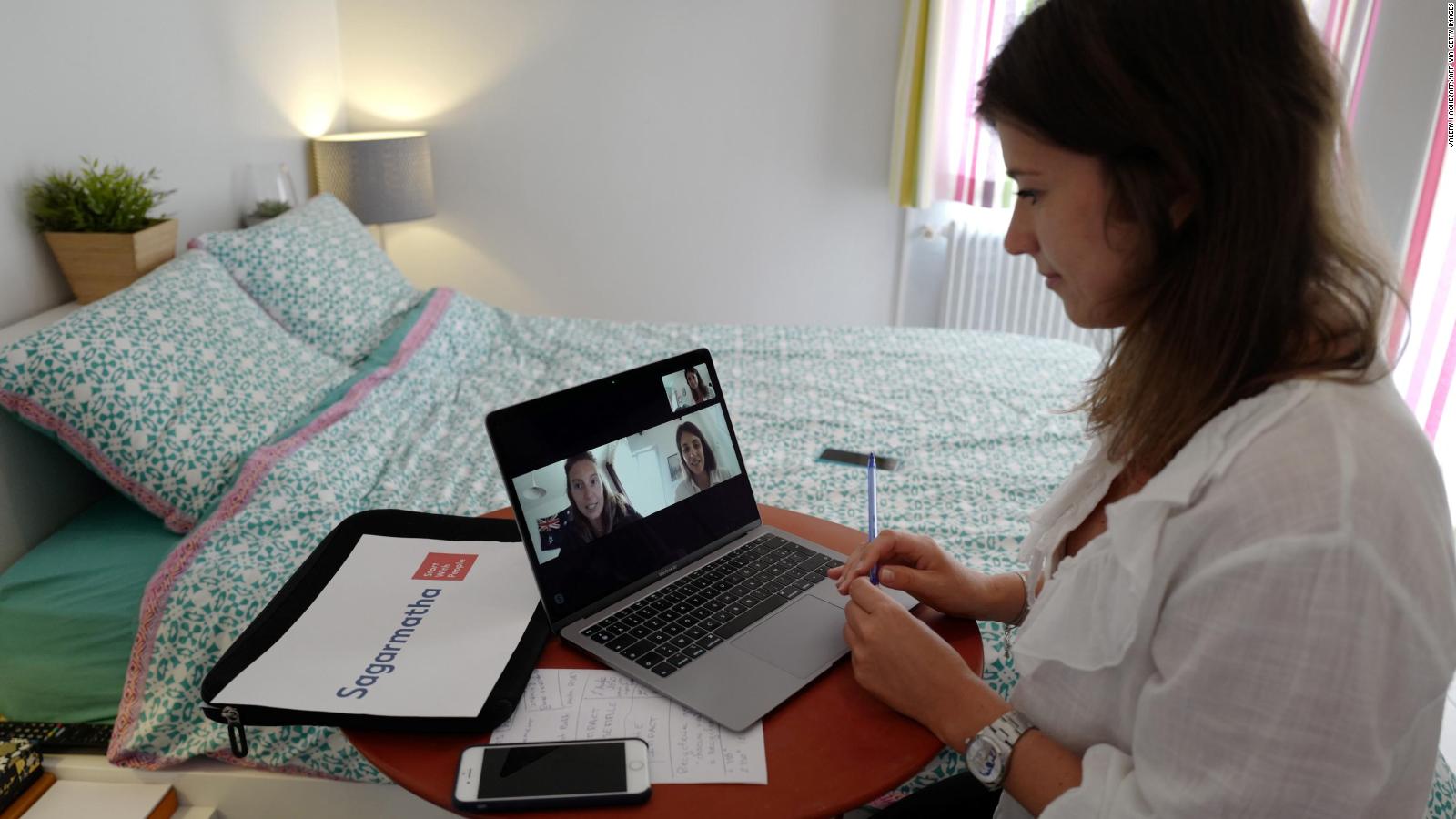Argentine businessmen question the telework bill 1:53
(CNN Spanish) - Empty offices, widely used home Internet connections and a quarantine that led to the “home office”. In this way, the restrictions imposed to face the pandemic promoted the debate on the regulation of remote work and the Argentine Congress approved the telework law.
The project obtained consensus on its vision for the future but its fine print generated criticism. On the one hand, the ruling party defended the initiative by classifying it as an extension of rights, although, on the other, the opposition warned that certain points may be counterproductive. Business chambers, such as the Institute for Business Development of Argentina (IDEA), also expressed their concern. In fact, the leader of the IDEA Lawyers Network, Brenda Puig, told CNN that "the danger of this law, which is bad, is that it creates a disincentive for the teleworking modality."
The provision of hardware and software work items, and the compensation of expenses for excess use of connectivity are two points on which both parties agreed. However, three articles of the law aroused rejection among opponents and businessmen.
The approved regulations establish that the teleworker will enjoy the right to digital disconnection. This means that the contracted person will not be connected outside their previously agreed working hours. The senator of the Front of All, Ana Claudia Almirón, celebrated this initiative since "it is one that protects the worker." However, Puig pointed out that "blocking systems outside of your working hours is almost childish." For the IDEA representative, the digital disconnection set at certain times threatens the supposed flexibility offered by teleworking. "You have to limit the hours of the workday but the way they found is terrible," she added. For her part, the opposition senator for Together for Change, Gladys González, expressed during the session that "receiving a communication outside the agreed hours does not mean that the worker must perform the task at that time."
A second questioned point was that of care tasks. According to the law, teleworkers who prove that they are in charge of people under the age of 13, disabled or older adults who require specific attention will have the right to schedules compatible with the care tasks in their charge and / or interrupt the day. "It is a very necessary right that implies fulfilling the obligations of the job and those of caring for children or older parents," Senator Almirón defended. On the contrary, Puig affirmed that this article of the law "can generate a bias when it comes to hiring" since employers would prefer to look for people who have no one in charge.
The third point questioned is that of reversibility. The latter enables the teleworker to switch to face-to-face mode at any time in the employment relationship. Senator González opined that said article should not state that reversibility can be carried out "at any time" but with a "30-day prior notice for the employer to promote working conditions." Puig added that this article "generates an imbalance between the rights of the worker and the powers of organization of the task that correspond to the employer."
The regulation of telework became law this Thursday after a vote in the Senate in which it obtained 40 affirmative votes against 30 negatives. Previously, the Chamber of Deputies approved it by 214 votes, only 1 vote against and 29 abstentions. The new law establishes in its text that it will enter into force 90 days after the end of social, preventive and compulsory isolation.
Telecommuting

